“…I hold you in my heart, you who are all partners with me in grace…how I long for all of you with the affection of Christ Jesus. And this is my prayer: that your love may increase ever more and more in knowledge and every kind of perception, to discern what is of value, so that you may be pure and blameless for the day of Christ, filled with the fruit of righteousness that comes through Jesus Christ for the glory and praise of God”. Phil 1:7, 8-11
This excerpt from the First Reading has been on my mind (and in my heart) for a very long time. I have shared with many that I hold them in the community of my heart. It’s a phrase a spiritual director shared with me during one of our first meetings. It has become part of my prayer life, to intentionally pray for those in the community of my heart. This community includes and is not limited to: family, friends, mentors, teachers, all those who have had direct contact with me throughout my life, including those who have been part of daily life encounters, work projects, prayer lists, the situations and underlying issues for which I have said I would think and pray.
I do not take things off my prayer list. My list becomes part of the community of my heart which encompasses all of His creation. This is echoed in the Psalm Response, “How great are the works of the Lord.” It’s a natural segue into the Gospel Reading from Luke in which Jesus, again, asks the Pharisees and those dining with him, “….Is it lawful to cure on the Sabbath… who among you, if your son or ox falls in a cistern would not immediately pull him out on the Sabbath day?”
Who among you would not reach out to a brother, sister, or any member of the human family, to give food, clothing, shelter, healthcare, whatever assistance that is needed? We are all related. We are called to increase in love and in knowledge of every kind of perception to discern what is of value in our life, our world, for all our sisters and brothers.
Pray with me as St. John Paul II did with these words:
Oh God, You are our Creator. You are good and Your mercy knows no bounds. To You arises the praise of every creature.
Oh God, You have given us an inner law by which we must live. To do Your will is our task. To follow Your ways is to know peace of heart. To You we offer our homage.
Guide us on all the paths we travel upon this earth. Free us from all the evil tendencies which lead our hearts away from Your will. Never allow us to stray from You.
Oh God, judge of all humanity, help us to be included among Your chosen ones on the last day.
Oh God, Author of peace and justice, give us true joy and authentic love, and a lasting solidarity among peoples.
Give us Your everlasting gifts. Amen.
 Beth Price is part of the customer care team at Diocesan. She brings a unique depth of experience to the group due to her time spent in education, parish ministries, sales and the service industry over the last 25 yrs. She is a practicing spiritual director as well as a Secular Franciscan (OFS). Beth is quick to offer a laugh, a prayer or smile to all she comes in contact with. Reach her here bprice@diocesan.com.
Beth Price is part of the customer care team at Diocesan. She brings a unique depth of experience to the group due to her time spent in education, parish ministries, sales and the service industry over the last 25 yrs. She is a practicing spiritual director as well as a Secular Franciscan (OFS). Beth is quick to offer a laugh, a prayer or smile to all she comes in contact with. Reach her here bprice@diocesan.com.

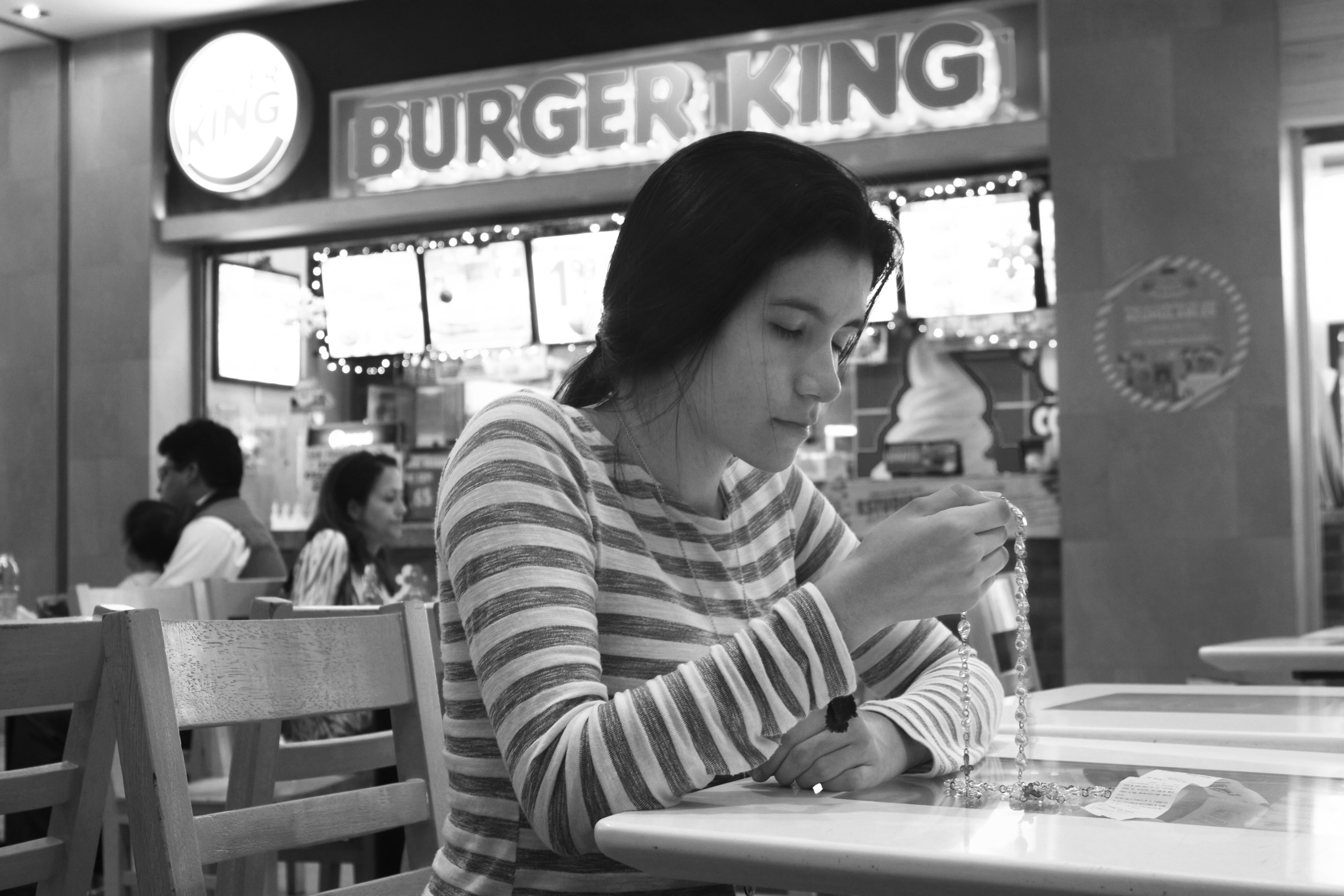
 Kathryn James Hermes, FSP, is the author of the newly released title
Kathryn James Hermes, FSP, is the author of the newly released title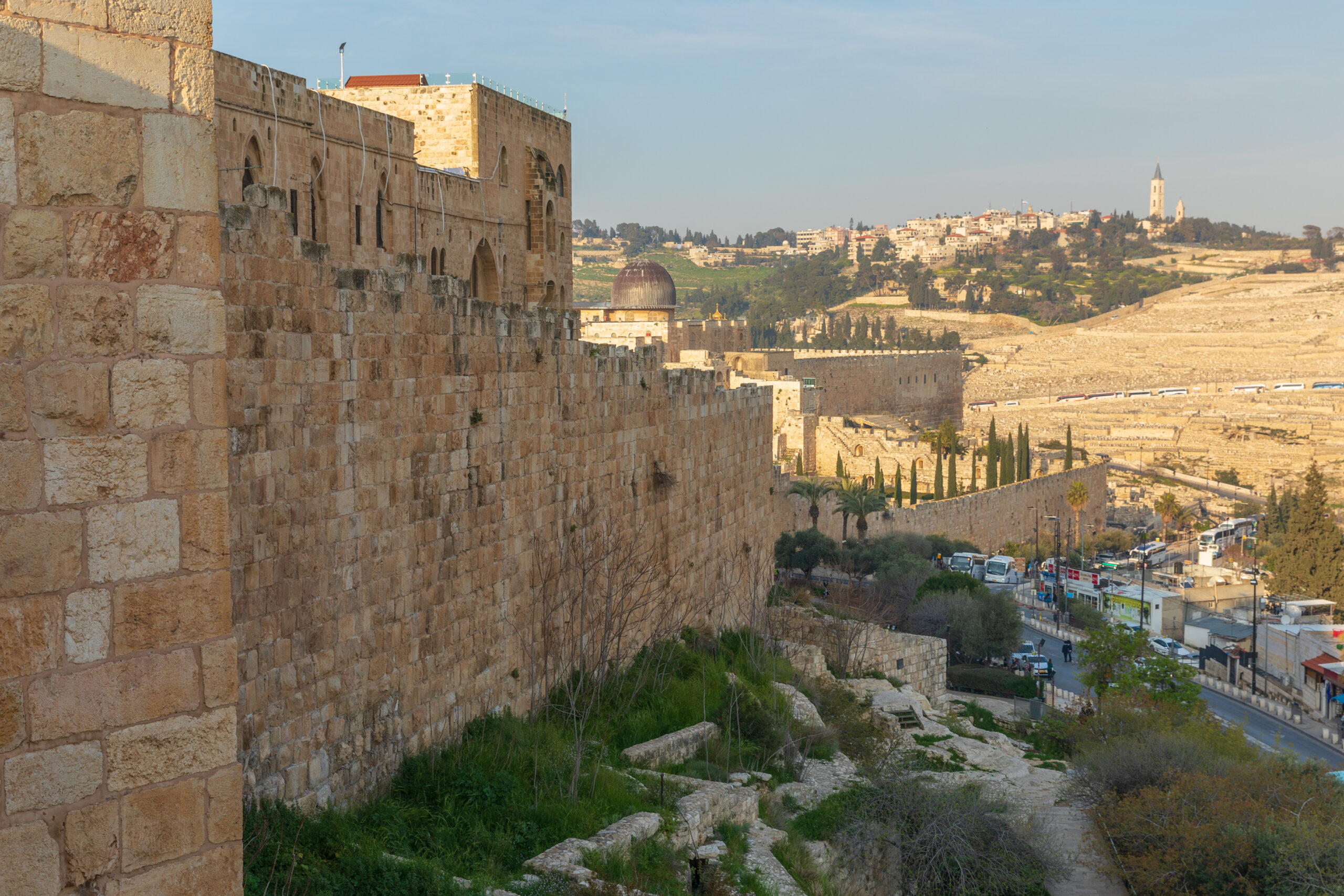
 Nikol M. Jones is in her final year at Franciscan University’s Master’s in Theology and Christian Ministry program where it has been her joy to learn how to integrate the tools of modern biblical scholarship with the principles of biblical interpretation set forth by the Catholic Church in the service of the Word of God. She also has a passion for creating artwork and children’s books that honor the life and teachings of Christ. When she’s not studying or painting, she utilizes her writing and organizational skills as an administrative assistant. You can connect with her on LinkedIn at
Nikol M. Jones is in her final year at Franciscan University’s Master’s in Theology and Christian Ministry program where it has been her joy to learn how to integrate the tools of modern biblical scholarship with the principles of biblical interpretation set forth by the Catholic Church in the service of the Word of God. She also has a passion for creating artwork and children’s books that honor the life and teachings of Christ. When she’s not studying or painting, she utilizes her writing and organizational skills as an administrative assistant. You can connect with her on LinkedIn at 
 Erin Madden is a Cleveland native and graduate of the Franciscan University of Steubenville. Following graduation, she began volunteering in youth ministry at her home parish of Holy Family Church. Her first “big girl” job was in collegiate sports information where, after a busy two years in the profession on top of serving the youth, she took a leap of faith and followed the Lord’s call to full-time youth ministry at St. Peter Church. She still hopes to use her communication arts degree as a freelance writer and statistician, though. You can catch her on the Clarence & Peter Podcast on YouTube as well as follow her on Twitter @erinmadden2016.
Erin Madden is a Cleveland native and graduate of the Franciscan University of Steubenville. Following graduation, she began volunteering in youth ministry at her home parish of Holy Family Church. Her first “big girl” job was in collegiate sports information where, after a busy two years in the profession on top of serving the youth, she took a leap of faith and followed the Lord’s call to full-time youth ministry at St. Peter Church. She still hopes to use her communication arts degree as a freelance writer and statistician, though. You can catch her on the Clarence & Peter Podcast on YouTube as well as follow her on Twitter @erinmadden2016.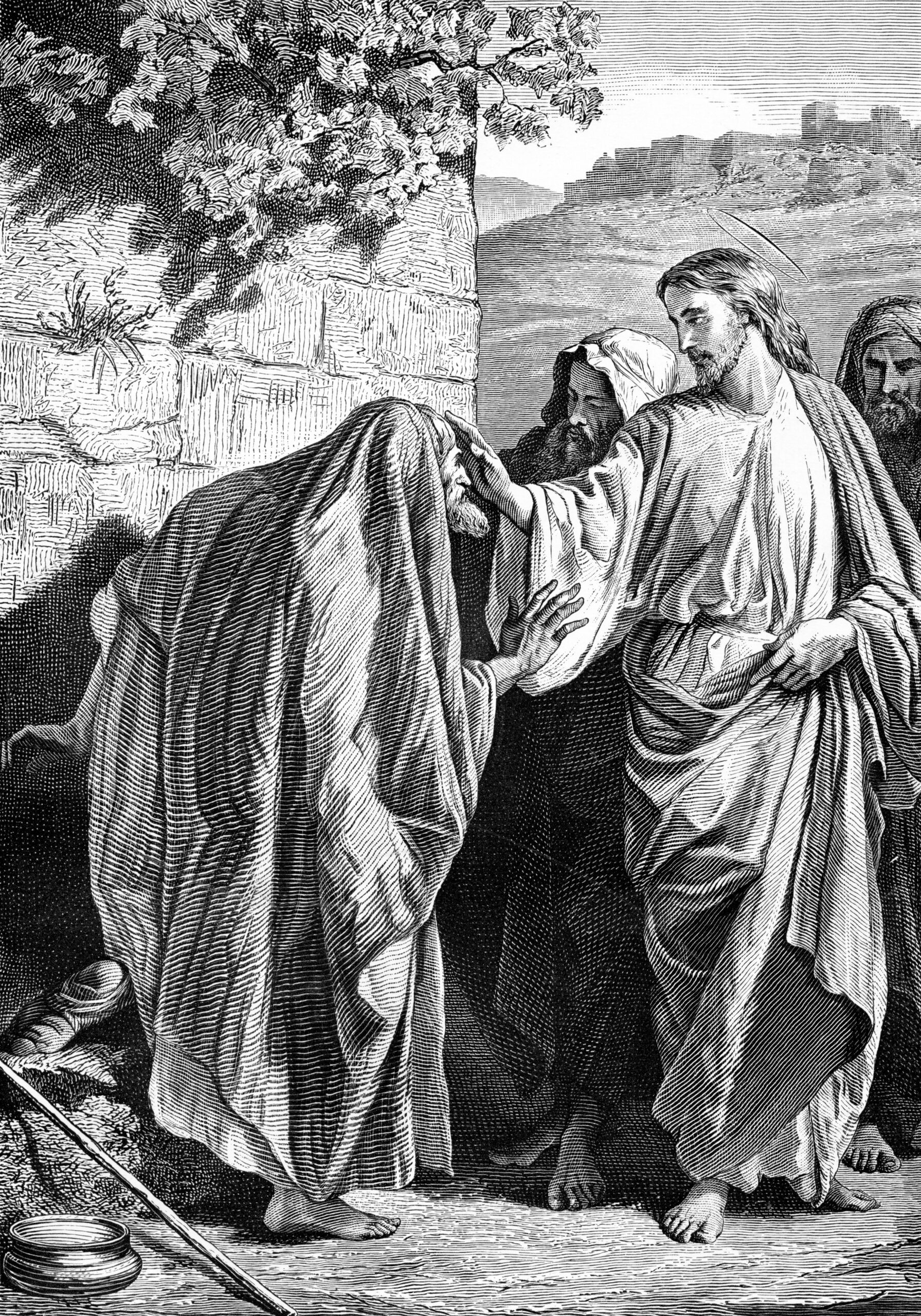
 Dakota currently lives in Denver, CO and teaches English Language Development and Spanish to high schoolers. She is married to the love of her life, Ralph. In her spare time, she reads, goes to breweries, and watches baseball. Dakota’s favorite saints are St. John Paul II (how could it not be?) and St. José Luis Sánchez del Río. She is passionate about her faith and considers herself blessed at any opportunity to share that faith with others. Check out more of her writing at
Dakota currently lives in Denver, CO and teaches English Language Development and Spanish to high schoolers. She is married to the love of her life, Ralph. In her spare time, she reads, goes to breweries, and watches baseball. Dakota’s favorite saints are St. John Paul II (how could it not be?) and St. José Luis Sánchez del Río. She is passionate about her faith and considers herself blessed at any opportunity to share that faith with others. Check out more of her writing at 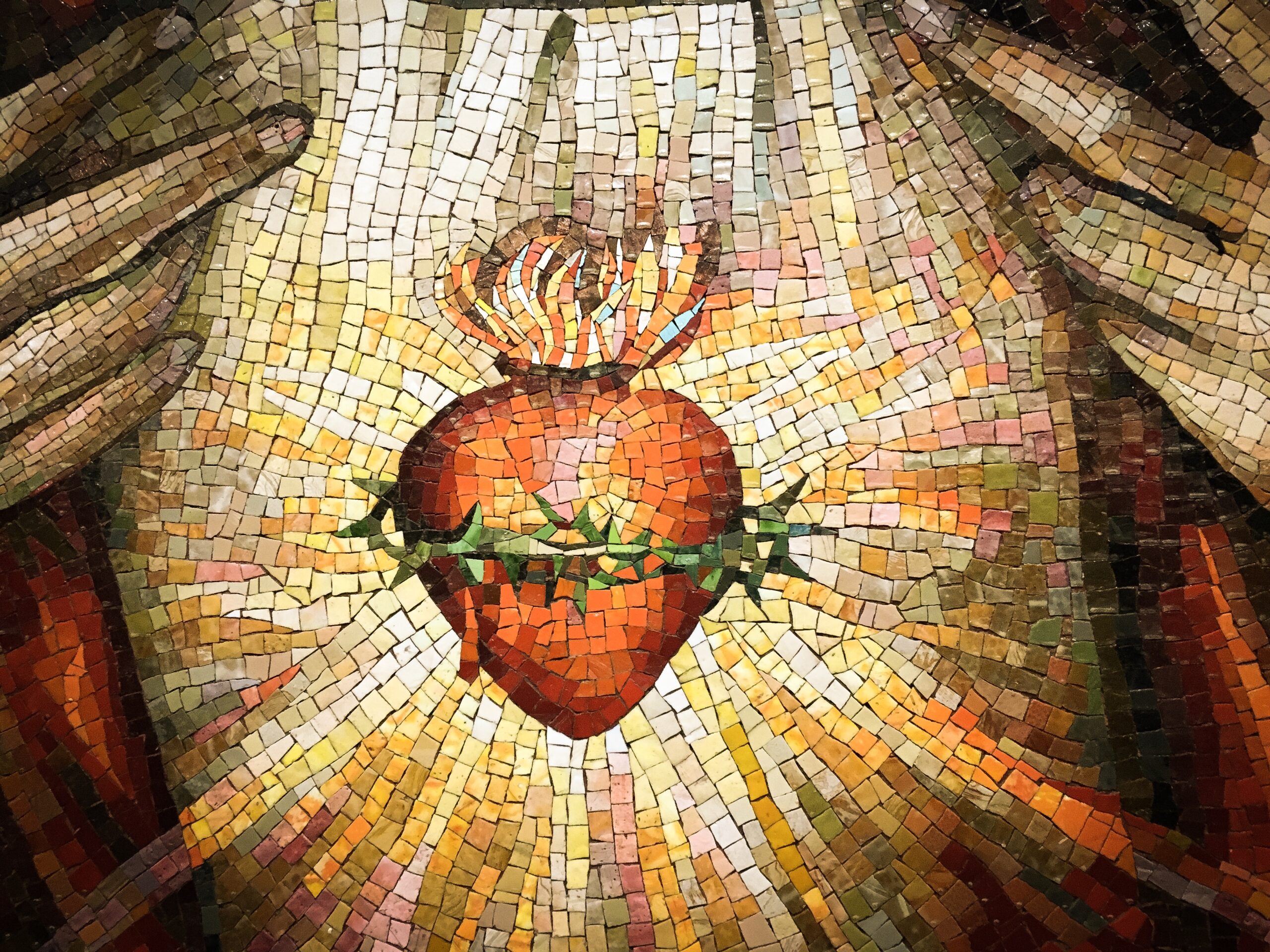
 David Dashiell is the Associate Director of Liturgy for a group of parishes in Pittsburgh, Pennsylvania. When he is not spending time with his wife and infant daughter, he is writing on philosophy and theology for various online publications. You can find some of these in Crisis Magazine and the Imaginative Conservative, and you can contact him at
David Dashiell is the Associate Director of Liturgy for a group of parishes in Pittsburgh, Pennsylvania. When he is not spending time with his wife and infant daughter, he is writing on philosophy and theology for various online publications. You can find some of these in Crisis Magazine and the Imaginative Conservative, and you can contact him at 
 Shannon Whitmore currently lives in northwestern Virginia with her husband, Andrew, and their two children, John and Felicity. When she is not caring for her children, Shannon enjoys writing for her blog, Love in the Little Things, reading fiction, and freelance writing. She has experience serving in the areas of youth ministry, religious education, sacramental preparation, and marriage enrichment.
Shannon Whitmore currently lives in northwestern Virginia with her husband, Andrew, and their two children, John and Felicity. When she is not caring for her children, Shannon enjoys writing for her blog, Love in the Little Things, reading fiction, and freelance writing. She has experience serving in the areas of youth ministry, religious education, sacramental preparation, and marriage enrichment.
 Kathryn Mulderink, MA, is married to Robert, Station Manager for Holy Family Radio. Together they have seven children (including newly ordained Father Rob and seminarian Luke ;-), and two grandchildren. She is a Secular Discalced Carmelite and has published five books and many articles. Over the last 25 years, she has worked as a teacher, headmistress, catechist, Pastoral Associate, and DRE. Currently, she serves the Church as a writer and voice talent for Catholic Radio, by publishing and speaking, and by collaborating with the diocesan Office of Catechesis, various parishes, and other ministries to lead others to encounter Christ and engage their faith. Her website is
Kathryn Mulderink, MA, is married to Robert, Station Manager for Holy Family Radio. Together they have seven children (including newly ordained Father Rob and seminarian Luke ;-), and two grandchildren. She is a Secular Discalced Carmelite and has published five books and many articles. Over the last 25 years, she has worked as a teacher, headmistress, catechist, Pastoral Associate, and DRE. Currently, she serves the Church as a writer and voice talent for Catholic Radio, by publishing and speaking, and by collaborating with the diocesan Office of Catechesis, various parishes, and other ministries to lead others to encounter Christ and engage their faith. Her website is 
 Patrick produces YouTube content for young Catholics on
Patrick produces YouTube content for young Catholics on 
 Deacon Dan Schneider is a retired general manager of industrial distributors. He and his wife Vicki recently celebrated their 50th wedding anniversary. They are the parents of eight children and twenty-nine grandchildren. He has a degree in Family Life Education from Spring Arbor University. He was ordained a Permanent Deacon in 2002. He has a passion for working with engaged and married couples and his main ministry has been preparing couples for marriage.
Deacon Dan Schneider is a retired general manager of industrial distributors. He and his wife Vicki recently celebrated their 50th wedding anniversary. They are the parents of eight children and twenty-nine grandchildren. He has a degree in Family Life Education from Spring Arbor University. He was ordained a Permanent Deacon in 2002. He has a passion for working with engaged and married couples and his main ministry has been preparing couples for marriage.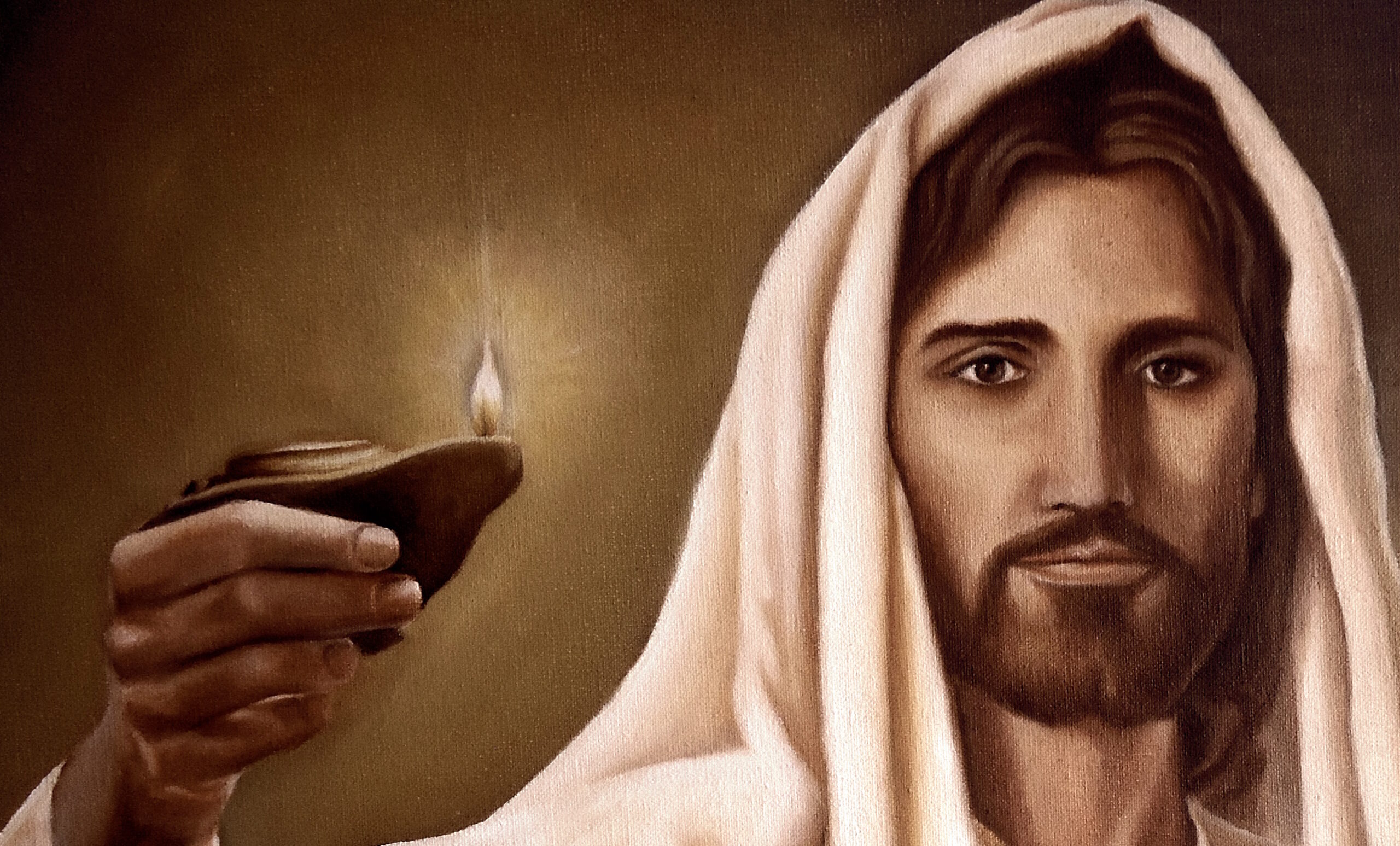

 Emily Jaminet is a Catholic author, speaker, radio personality, wife, and mother of seven children. She earned a bachelor’s degree in mental health and human services from the Franciscan University of Steubenville. She is the co-founder of
Emily Jaminet is a Catholic author, speaker, radio personality, wife, and mother of seven children. She earned a bachelor’s degree in mental health and human services from the Franciscan University of Steubenville. She is the co-founder of